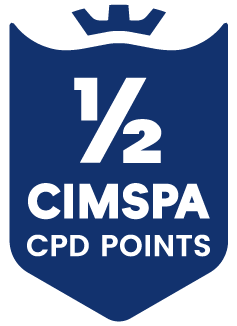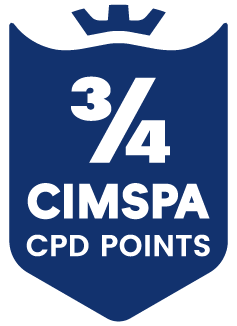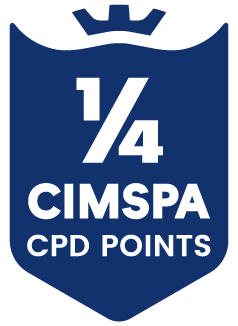Pathological Demand Avoidance (PDA) Training Module
½ STA CPD Points
Pathological Demand Avoidance (PDA) Training module. Specifically created for the aquatic setting, this 90 minute module is essential to expand your knowledge of PDA.
Children on the autism spectrum are 160 times more likely to drown than their peers. Autism Swim is on a mission to change this, and ensure aquatics becomes inclusive for everyone!
Everyone learns differently. All participants have specific needs, goals and preferences when it comes to learning styles, sensory needs, behaviour considerations, the environment and communication. Autism Swim is here to equip you with the skills and knowledge you need to adapt your teaching methodologies to these needs, goals and preferences of every participant. STA is very proud to partner with Autism Swim to bring you a collection of short modules (shown below) to up-skill you in certain areas.
Together, let’s make aquatics inclusive!
Pathological Demand Avoidance (PDA) Training module. Specifically created for the aquatic setting, this 90 minute module is essential to expand your knowledge of PDA.
In this individual training module, Communication, we talk through different ways of communicating with your participants, and help you develop an understanding of how to most effectively communicate with them.

In this individual training module, Sensory Needs, we talk through the ways in which different sensory needs will impact how your participant is feeling, and their ability to learn.

In this module we talk through the most common behaviours you might see in the water with your participant’s, and what positive support strategies you can employ to support them.

In this individual training module, Visual Scheduling, we talk through the benefits of visual schedules, and how to successfully implement them with your participants.

In this individual training module, Dyspraxia and ADHD, we take an in-depth look at Dyspraxia and ADHD, and how these conditions may impact our participants in sessions.

In this training package, we cover two individual training modules – Communication and Visual Scheduling.

In this module we discuss the relationship between Aquatics and Neurodiversity and what adaptations or inclusions your teaching style may need to assist Neurodiverse participants to achieve their goals.

In this module we talk through what characteristics we might see in our participants who are Neurodiverse, and how we can support their needs, preferences and goals in aquatic sessions.

In this training package, we cover three individual training modules – Neurodiversity and Aquatics, Communication and Behaviour Support.

In this training package, we cover three individual training modules – Sensory needs, Communication and Behaviour Support.

In this training package, we cover three individual training modules – Sensory Needs, Sensory Based sessions and Sensory Breaks.

In this training package, we cover two individual training modules – Building Rapport and Increasing Engagement.
In this training package, we cover three individual training modules – Building Rapport, Sensory Needs and Communication.
